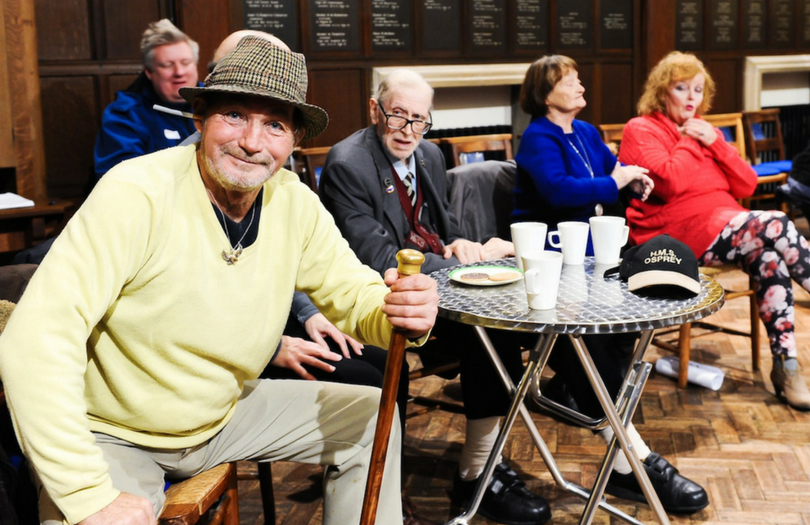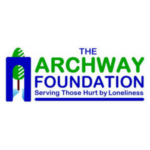A Step Change grant has empowered this loneliness charity to significantly increase its capability by transforming the type, reach and activity of its volunteers.
The Archway Foundation works to alleviate the distress caused by loneliness and social isolation, connecting people with others via a diverse group of empathetic and diverse volunteers, many of whom have experienced loneliness themselves.
When the charity’s CEO Sheila Furlong applied to the Step Change Fund for a grant of £43k in late 2019, she was focused on a large waiting list of people with complex needs, who would benefit greatly from the befriending services the charity offers, but needed expert support from specially trained volunteers. Many on the list were also based in more rural areas across Oxfordshire, when the charity’s services had previously been focused on the city of Oxford.
Wanting to increase Archway’s reach and flexibility, Sheila worked with project manager Nick Paladina to put in a successful detailed bid with a view to starting work in February 2020. “The process was very clear and transparent,” says Sheila. “The timescales and planning requirements give you the chance to think about what you are applying for and what it is you hope to achieve – as well as monitor the effectiveness of the grant as you go along.
“The relationship with Nick worked really really well, and straight away he understood what we were trying to do and the third sector more generally. His support was really personalised, and it was really positive to have a face associated with the grant.”
When the pandemic came along, Nick helped Sheila to plan adaptations to their service, in particular carrying out befriending activities by phone rather than face to face. The Step Change panel were flexible about how the grant-funding could be spent in the COVID context – and in fact, Sheila says that despite the huge challenges, the restrictions meant that they achieved their original objectives for the grant more effectively than they could have imagined.
“We were able to recruit volunteers for what was becoming a changed service, which demands a different skillset. We recruited more than planned as it was more cost-effective to train online. And we were able to reach more people in outlying areas and with extra needs – including those who felt more comfortable on the phone than in person, as it was less threatening for them. We got to know people better and understand where they might need referrals to other services in our networks.
We’re now changing our whole model to work people through a pathway from phone support towards face-to-face sessions either on an individual basis and/or via a social group.”
In this sense, Archway truly has achieved a step change. They have trained over 20 new volunteers and engaged all 40 people on the waiting list with phone support, of which 83% report that receiving calls has helped them. Beyond the numbers, Archway has proven to be a real lifeline for the people supported – not just a friendly chat but in some cases the only contact they had with the outside world. Several beneficiaries have reported that these phone calls were the only thing stopping them taking their own lives.
In one instance, an Archway volunteer arranged for a GP to visit a beneficiary experiencing breathing difficulties due to asthma, but who was until that point refusing any care. Through the Step Change funding, Archway has saved his life and those of many others.














